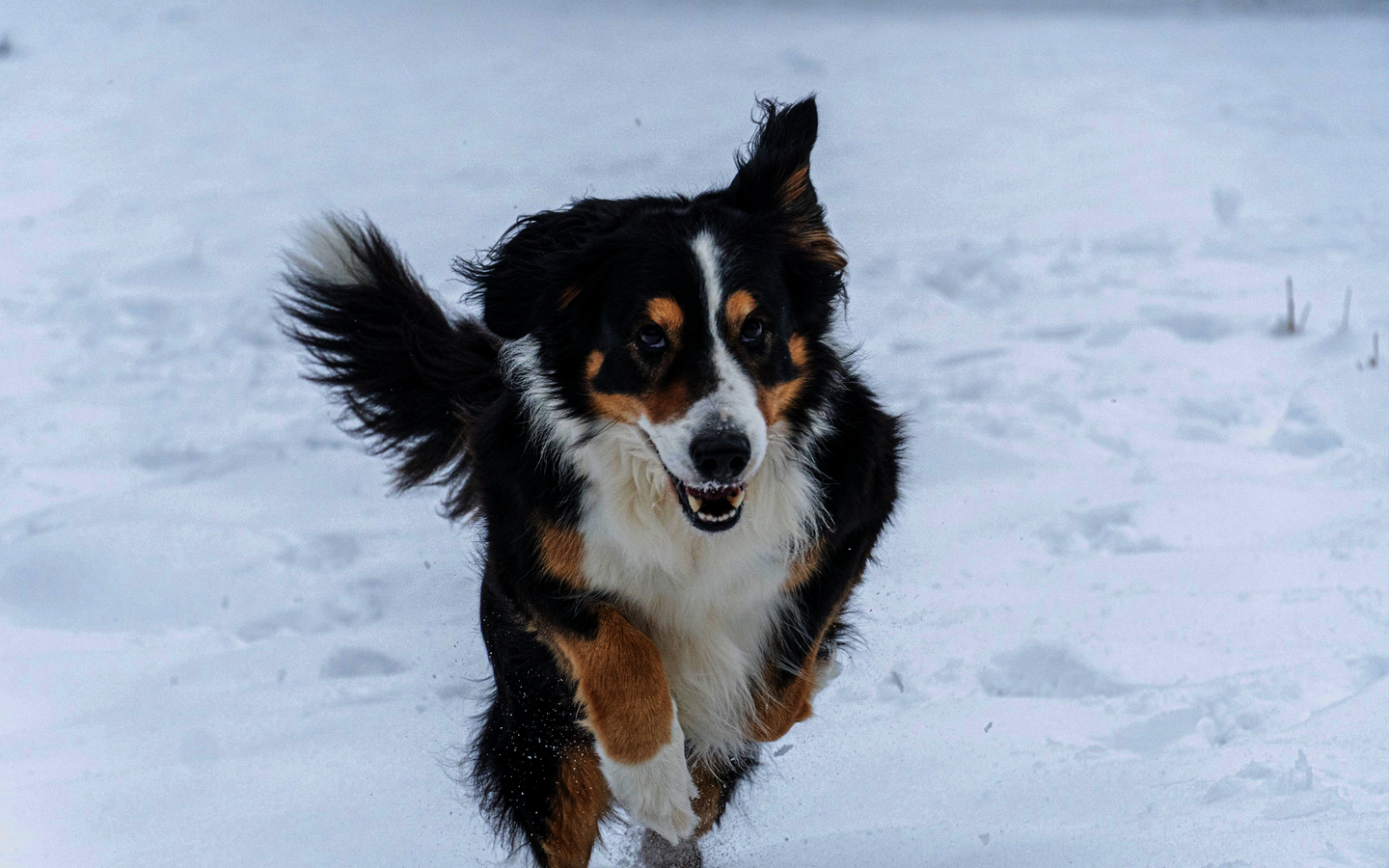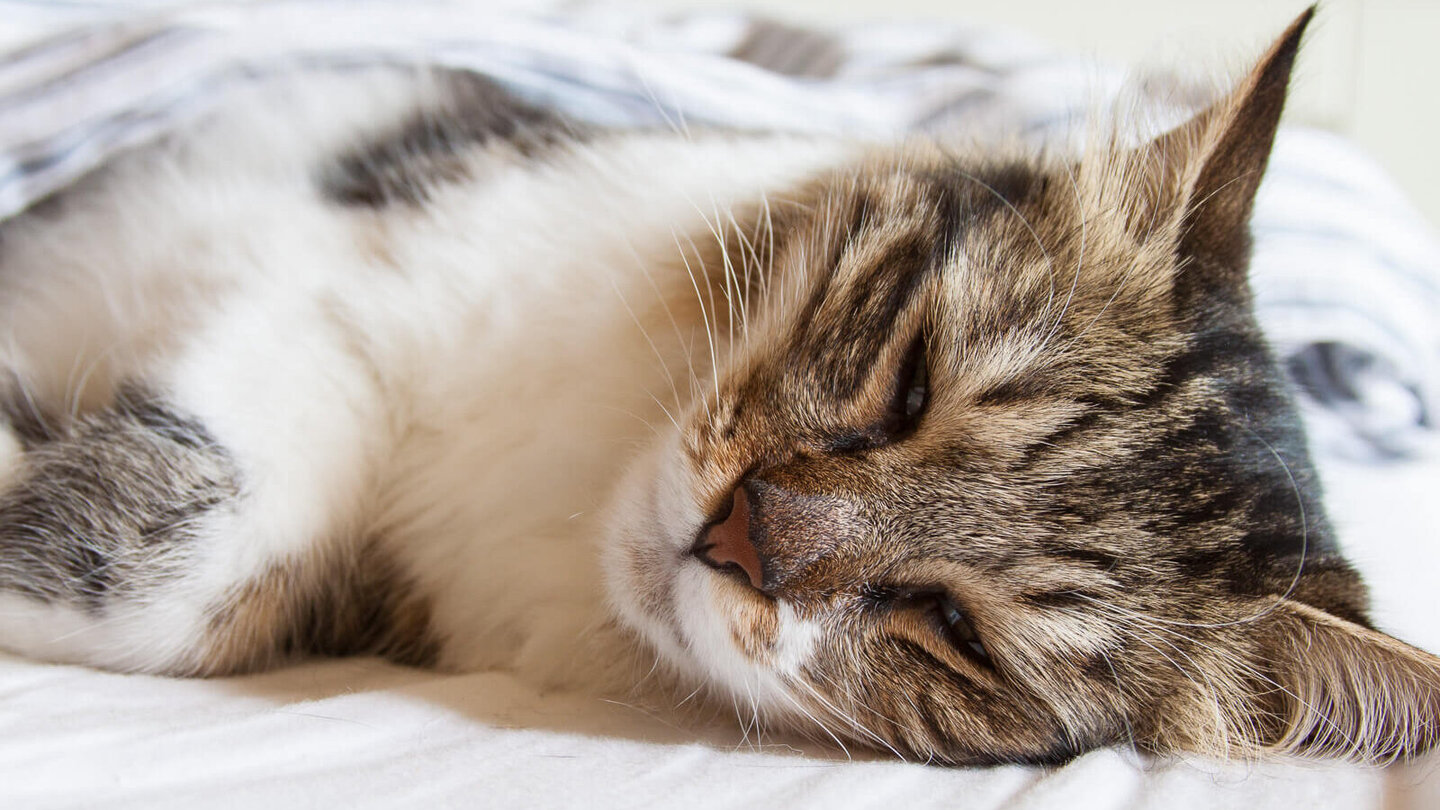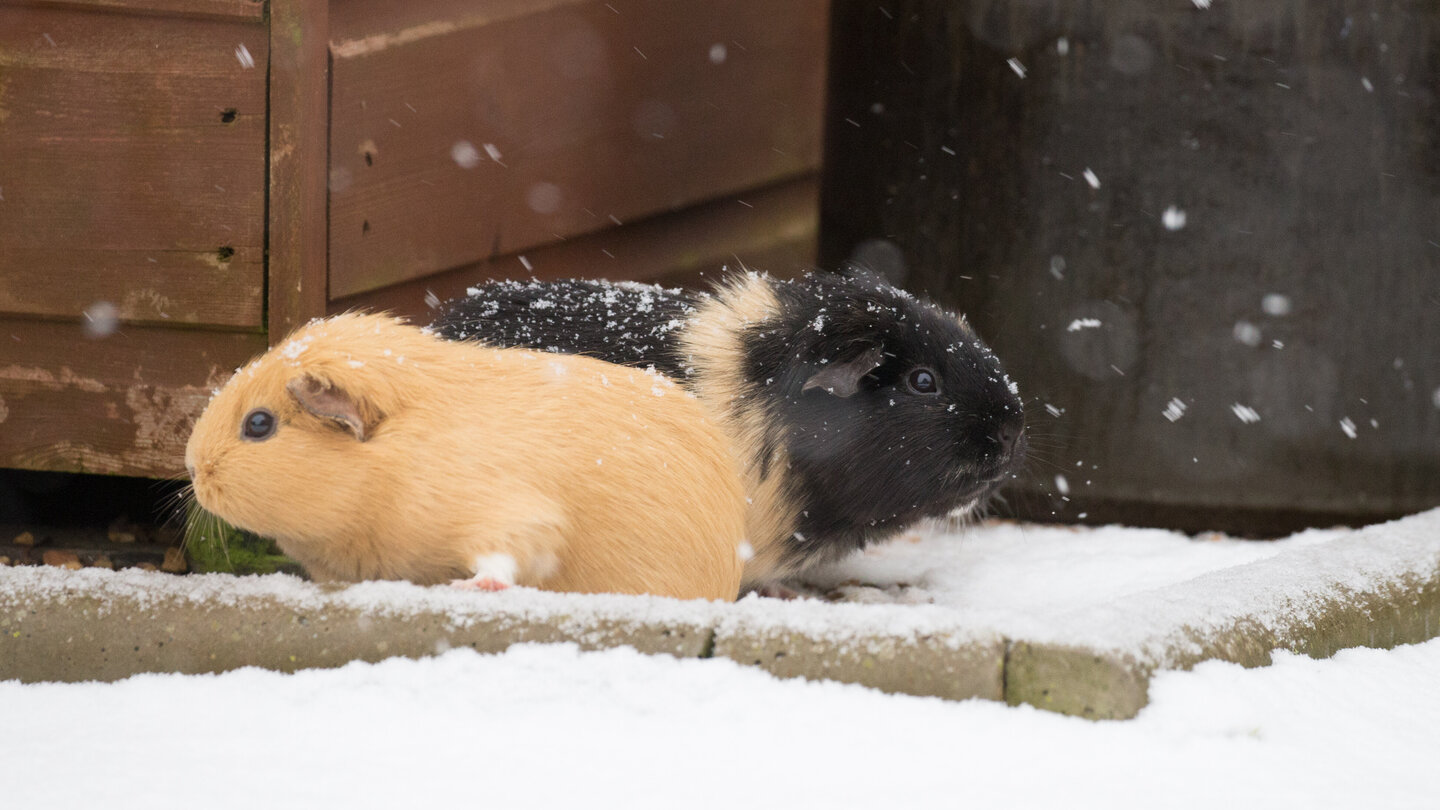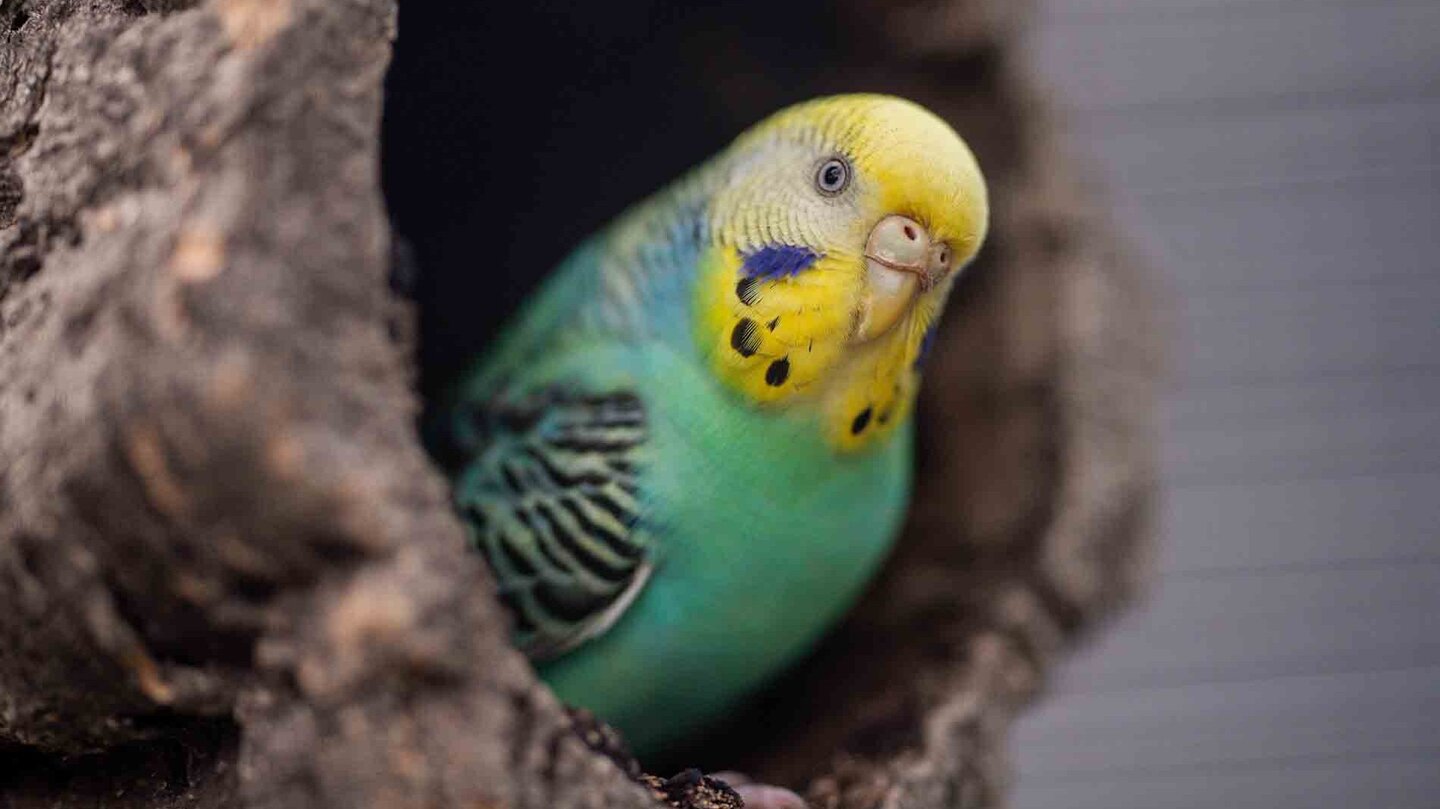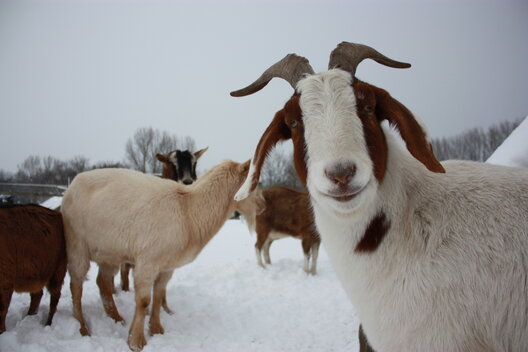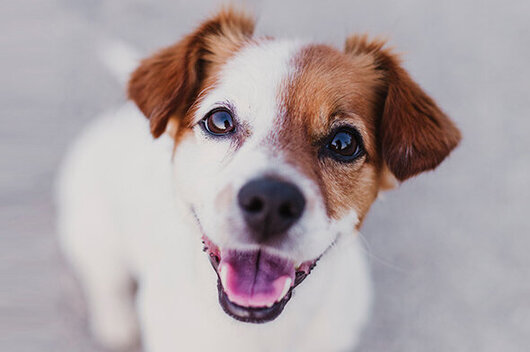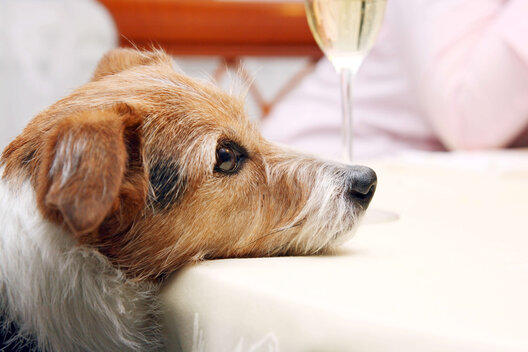Dogs in winter
The cold in itself is not usually dangerous for healthy dogs . Quite the opposite: many dogs like to run around and exercise in winter, often more than in summer. In cold temperatures, however, several shorter walks are recommended instead of one long walk so that your dog doesn't get hypothermic.
As social creatures, dogs should always be allowed to live with your family in the house or apartment. If you keep your dog mainly outside, you must provide him with at least an insulated shelter and a weather-protected resting place with a thermally insulated floor in accordance with the Animal Welfare Dog Ordinance. You should also have acclimatized your dog to the outside temperatures over a longer period of time so that, for example, its coat grows thicker to protect it from the cold.
First of all, make sure that your dog does not run on surfaces strewn with salt, sand or grit. This is because if these materials penetrate the pads and skin of the paws, it is very painful and many dogs even refuse to continue walking. After the walk, rinse off the salt with warm water. You should also keep the hair that grows over the paw pads short. This makes it harder for snow, salt and lumps of ice to stick. However, never cut the hair between the pads - it serves as protection. You can also apply a rich cream to your dog's paw pads before going for a walk and after washing them. It is best to use purely plant-based creams and watch out for potentially harmful substances. Your dog could ingest these when licking its paws.
For many dogs, snow is a temptation. But it can be dangerous for your dog, especially if they eat it in large quantities and it contains contaminated snow. This is because the cold and the pathogens and harmful substances that may be contained in the snow - for example from road salt or accidentally spilled antifreeze - can lead to vomiting and diarrhea, tonsillitis and even inflammation of the stomach and intestines. Antifreeze can even be life-threatening for your dog.
In healthy dogs, the coat is usually sufficient as natural thermal protection. Exceptions are sick dogs, especially small dogs that run close to the cool ground, dogs with very short coats and dogs with a partial or complete lack of undercoat. In these cases, a suitable coat can be useful. The right size is important here. Make sure that your pet can still move freely despite the coat and that it is not too tight or chafing. When the coat is used for the first time, you should get your dog used to it step by step and give him positive reinforcement.
Winter shoes or socks are not suitable for dogs, as their paws are very sensitive and dogs need them as a tactile organ. In addition, most animals do not accept shoes or socks and refuse to walk in them at all. You should therefore avoid dog shoes - unless your dog has health problems and the shoes have been recommended by your vet. As these problems usually occur suddenly, it may be worth practicing wearing shoes or socks with your healthy dog. That way, he will already be used to it in an emergency.
If your cat is healthy and spends a lot of time outside during the rest of the year, there is nothing to be said against it. However, especially in winter, your cat should always have the opportunity to stay warm. If you don't have a cat flap or your cat spends most of its time outside, you should offer it a weatherproof and insulated retreat where it can warm up again. To support your cat even more, offer it a little more food than usual in freezing temperatures so that it can cover its increased energy requirements. Make sure you cover your garden pond securely so that neither your cat nor wild animals can break through the ice and possibly drown. If possible, cats should stay indoors overnight.
Young cats that do not yet have an undercoat should stay indoors when it is cold, snowing or raining. They are not yet able to maintain their body temperature, do not yet have a water-repellent coat and are therefore more susceptible to hypothermia.
After your cat has been outside, we recommend that you check its paws and remove any road salt. In most cases, this is enough to prevent pain and injuries caused by snow and grit. Unlike dogs, cats should not have their paws rubbed with grooming grease - they will lick it off immediately.
To avoid diarrhea and vomiting, cats should not eat too much snow. However, licking up antifreeze is more problematic than snow - it tastes sweet and is life-threatening as it leads to kidney failure. If you suspect that your cat may have ingested antifreeze, take it to a vet immediately. If your cat comes home very wet, you can rub it dry with a towel if it likes it. However, many animals also lick themselves dry or lie down in warm places to dry off.
Make sure you protect your cat's favorite place in the house from draughts. Many cats react sensitively to this. You can recognize a freezing cat by the fact that it tries to keep its body warm by curling up tightly. You can also clear your windowsills and place a cozy cushion there. This will allow your cat to watch the goings-on outside from a warm and dry place. You should also plan more playtime, as most cats go outside less often in winter and are therefore happy to have a change of scenery indoors. Activities such as fiddle boards, cardboard boxes and the like are also often well received.
Guinea pigs can be kept outside all year round if they are accustomed to outdoor temperatures throughout the year at an early stage. To protect the animals from the cold, their enclosure should have a well-insulated sleeping house with several chambers, which is padded with straw or hay and always kept dry. Check regularly to see if the water has iced over and replace it immediately. To keep your guinea pigs healthy, give them plenty of vitamin C-rich greens and encourage them to exercise - for example by playing feeding games. Sick animals must not spend the winter outside, older and thin animals must be observed and brought inside if necessary.
Healthy rabbits with a natural winter coat usually cope well with the cold. You can also keep rabbits outside in winter if they are already accustomed to the temperatures all year round. Make sure you offer your rabbits a well-insulated, dry sleeping house with several chambers and plenty of straw or hay. In addition, replace icy water several times a day and feed your rabbits plenty of vitamin C-rich greens. You can encourage them to move around more by playing with food, which will make them less cold. Sick rabbits must not spend the winter outside, older and thin animals must be observed and brought inside if necessary.
Hamsters, rats, mice & co. in winter
Rodents that are kept indoors can suffer from the heating air in winter. Therefore, never place their enclosure directly in front of a heater.
Small rodents are very sensitive to draughts. When ventilating rooms, you should therefore make sure that there are no draughts and that their cages are protected from them. To do this, provide enough places to retreat to and do not place the enclosure directly in front of a window or between two doors.
Canaries and budgerigars can stay in the outdoor aviary all year round. It is important that the animals have access to an attached shelter and that this shelter is always kept frost-free - for example with thermally insulated walls and a heating system. Install a thermometer in the shelter and check regularly that the temperature does not fall below 10 °C.
Just like other small animals, canaries, budgies and other birds are sensitive to draughts and heating. Therefore, make sure that your birds' aviary is never placed in a draught or directly next to a window or door. Aviaries that are closed on three sides also protect your birds from draughts. You should ensure a constant humidity and temperature not only in winter, but all year round.
Goldfish & other fish in winterDo goldfish have to be brought indoors in winter?
Goldfish can overwinter outside if the pond is at least 1 meter deep, preferably 1.20 meters. Before winter sets in, however, you must clean it thoroughly, remove parts of the bottom sludge and remove leaves and dead plants. Water plants and reeds should be left standing, as they are important for gas exchange. A sufficient supply of oxygen must also be ensured, so the pond must never freeze over completely. To prevent this, you can use ice-free holders or use warm water to keep an area constantly free of ice.
Wild animals in winter
Due to intensive farming and the use of pesticides, wild birds generally find less food. In winter, the food supply is even smaller due to ice, snow and hard ground. We therefore recommend that you support the feathered inhabitants of your garden with suitable wild bird food , especially in winter. Our magazine DU UND DAS TIER also tells you how wild birds adapt to the cold.
Many animals sleep through the winter, others such as deer and stags have special techniques for surviving the cold season. They slow down their metabolism but need plenty of rest to conserve their energy reserves. When going on winter walks or ski tours, it is therefore important to stay on the paths and slopes and not go cross-country, through the undergrowth or through the middle of the forest so as not to startle them.

